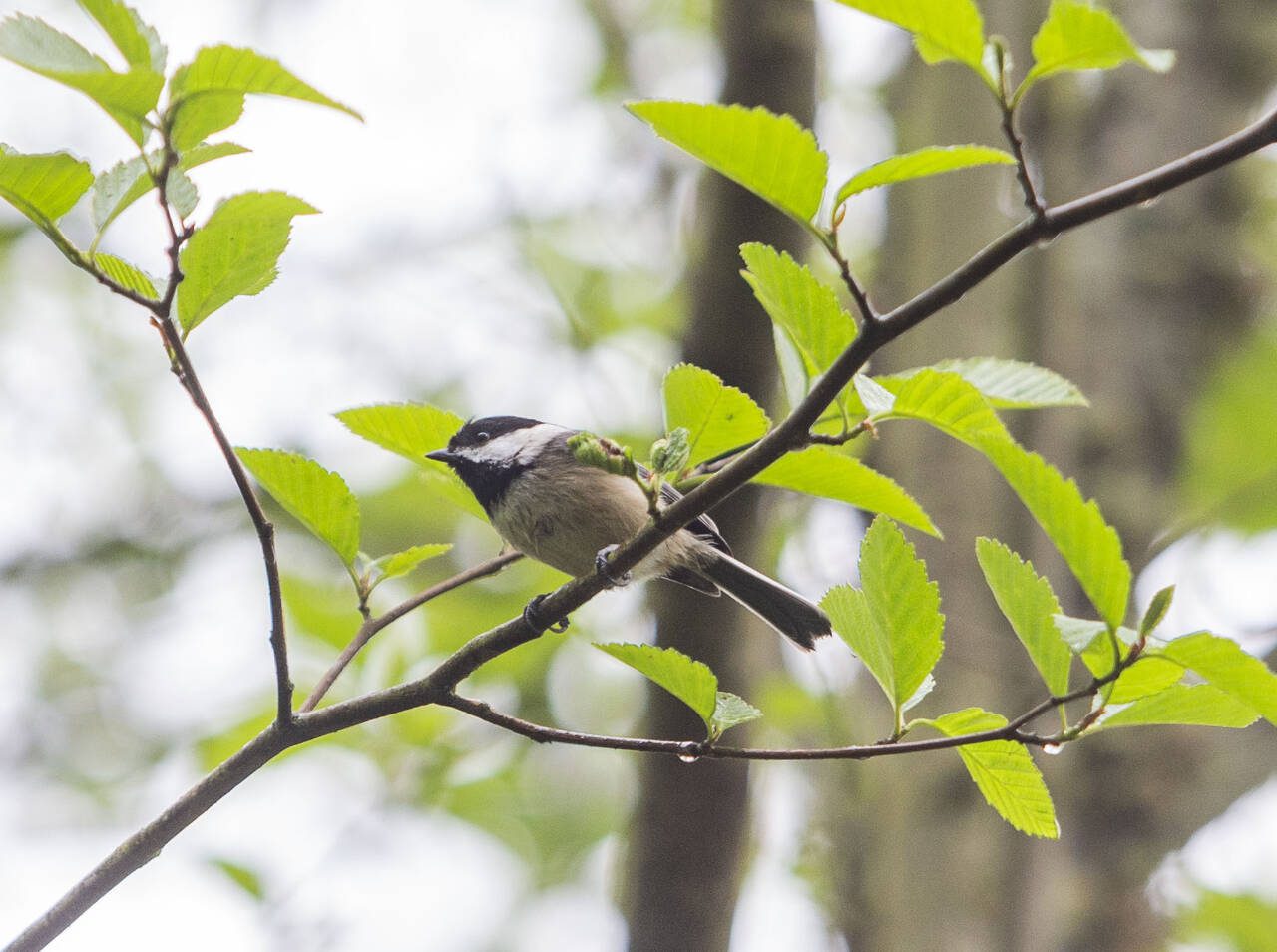By The Herald Editorial Board
Not all of us would consider ourselves bird-watchers, at least not of the binocular-toting, knit-capped ooh-looker variety. But most of us do catch ourselves turning quickly to spot a hummingbird when one whizzes by, or make a trip to a chimney in Monroe to watch roosting swifts or stand mouth-agape at a murmurating cloud of starlings.
Which is why it’s worth celebrating when a caucus of Congress squawkers passes a bipartisan bill that renews important conservation funding and enhancement for the protection of the migratory birds of the Americas. The legislation adopted by the House and Senate earlier this month and signed by President Biden last week, reauthorizes the Migratory Bird Conservation Act, making $6.5 million in grant funding available annually to conservation nonprofits and environmental organizations through 2028.
Previous reauthorizations of the more-than-100-year-old treaty law have funded significant improvements of habitat and ecosystems, research and education.
Since 2002, the federal law has used $89 million in federal funding to leverage more than $350 million in matching contributions. Another provision of the recent reauthorization lowers the matching amount from $1 in federal funding for every $3 of private contributions to a 1-to-2 match, potentially making access to funding easier.
Between 2002 and 2015, the program has funded at least eight projects in Washington state, for projects that included monitoring of raptor migration and preservation of oak habitat.
One of the bill’s co-sponsors, Rep. Rick Larsen, D-Wash., came to Everett last week for a victory lap around the boardwalk of the Narbeck Wetland Sanctuary, joined by Pilchuck Audubon members and others, as reported by The Herald’s Ta-Leah Van Sistine.
Larsen credited bird-watchers and environmental groups with encouraging passage of the act’s renewal.
“These dedicated birders provide a boost to local and regional economies,” Larsen said on the House floor earlier this month. “They’re ambassadors for the great outdoors.”
The law’s renewal of funding comes at a crucial time for birds and those who recognize their importance. Since 1970, the overall population of birds in North America has declined 29 percent to 7 billion individuals, losing some 3 billion in bird population in nearly 25 years, according to the journal Science.
A 2016 State of North American Birds report found that of the 1,154 bird species across North and Central America more than a third of those species are at risk of extinction.
And birds face heavy losses from the full range of human activity. More than half of North American seabird species are declining from pollution, unsustainable fisheries, energy extraction, invasive species and climate change.
Add to that, according to the U.S. Fish and Wildlife Service, deaths from collisions with buildings (600 million a year), vehicles (214.5 million a year), poisoning (72 million), powerlines (8.9 million a year), communication towers (6.6 million a year), oil waste ponds (500,000), and wind turbines (234,000).
And cat-owners, particularly those who allow their cats outside, should note that between 1.4 billion — that’s billion with a b — to 3.7 billion birds are lost to cat predation each year, according to the same figures. From all threats, that’s a median annual loss of 3.3 billion birds lost each year, excluding additional declines to habitat loss and climate change.
While the funding passed with bipartisan support, those who consider conservation efforts important should consider the fate of birds, wildlife, ecosystems, biodiversity and climate change as election issues this year.
The interpretation of the migratory bird act during the Trump and Biden administrations offers a comparison of their divergent environmental policy positions.
In 2019, during the Trump administration, the Interior Department issued a legal opinion that reinterpreted a section of the act regarding the definition for “incidental take,” a term that accounts for the death of birds from activities not intended to harm them.
Citing what it claimed was “unlimited potential for criminal prosecution” — including that of owners of cats and vehicles — the Trump administration excluded “incidental take” from enforcement actions, creating a huge loophole that excused unintended but avoidable actions by industrial and other operations, such as oil drilling, which can leave ponds of oil-contaminated water that attract and kill birds, as described in a 2019 Conversation article published in The Herald.
By 2021, the Biden administration’s Interior Department had reversed that interpretation, clarifying that the those in the general public conducting otherwise legal activities that caused the incidental death of birds would not be a priority for enforcement.
In other words, if your cat kills a bird, the government is not coming for you or Mr. Stripes.
Instead, the Biden administration resumed an interpretation that was followed by 19 Interior and related agency officials in every administration from Presidents Nixon to Obama. As those former officials explained in a letter to Trump’s Interior secretary, the migratory bird act’s long-standing interpretation had provided industries with incentive to work with federal agencies to limit incidental deaths.
The practice of installing nets over oil-drilling waste ponds, for example, has been credited with reducing bird deaths to 500,000 from 1 million.
The act’s continued commonsense application of policy to protect bird species — among scores of other policies and priorities — is at stake in the coming election.
More than for a sense of awe and beauty — although that should be enough — the bird populations of the Americas must be protected, kept from further decline and given a chance to rebound.
Many bird species are vital to agriculture for pollination of crops and control of insects, and local economies depend on hunting, bird-watching and other activities. And each species that disappears from the larger ecosystem threatens to touch off a larger — perhaps uncontrollable — collapse of biodiversity.
Whether we carry binoculars or not, we must all be bird-watchers.
Talk to us
> Give us your news tips.
> Send us a letter to the editor.
> More Herald contact information.

























